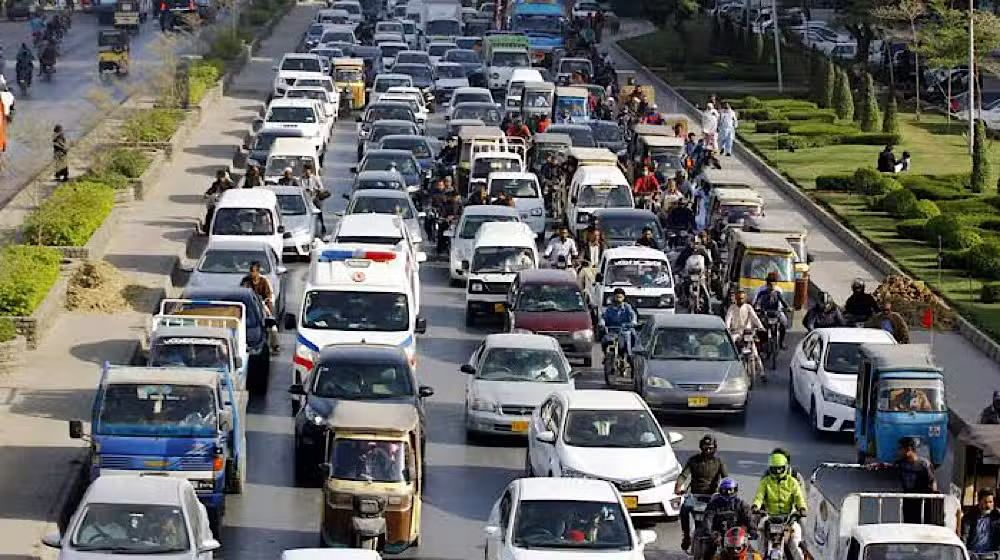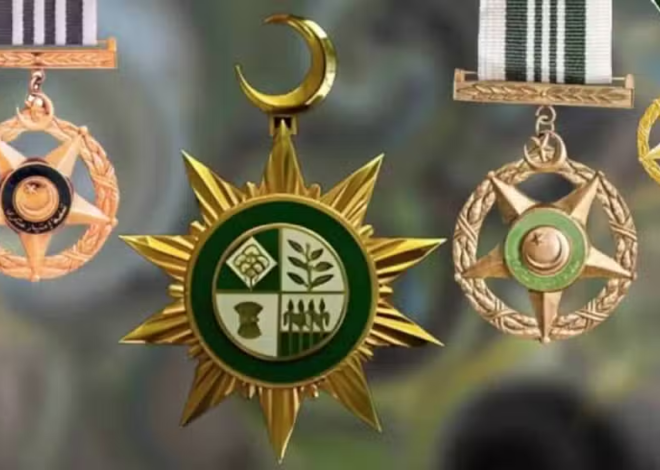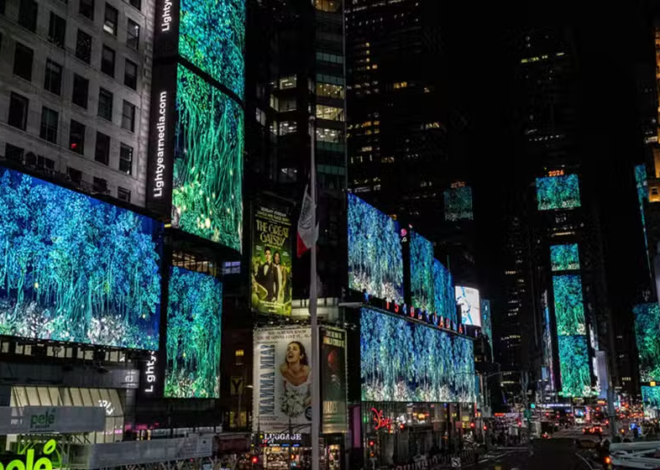
Traffic Plan Announced for Muharram
With the advent of Muharram, the Punjab government has announced a comprehensive traffic management plan to ensure the smooth flow of vehicles, public safety, and secure religious processions across the province. The traffic plan, developed in coordination with the local police, district administrations, and religious committees, will be implemented across all major cities including Lahore, Rawalpindi, Faisalabad, Multan, and Gujranwala.
The plan is designed to address the unique challenges of the holy month, particularly during Ashura, when large numbers of devotees gather for religious processions, majalis (gatherings), and other commemorative events. Authorities have declared special arrangements to manage road closures, diversions, parking areas, and emergency response systems.
Special Measures for Ashura Days
The peak of the Muharram observances, particularly the 9th and 10th days (Ashura), will see the most stringent traffic measures. In cities like Lahore and Rawalpindi, central roads used for processions will be closed to general traffic from early morning until late evening. Designated alternative routes have been announced to minimize disruption for commuters.
Lahore Traffic Police has announced that roads surrounding Nisar Haveli, Karbala Gamay Shah, and Mochi Gate—key locations for processions—will be closed to all vehicular traffic. Similarly, in Rawalpindi, the area around Fawara Chowk, Raja Bazaar, and College Road will be sealed off during the main processions. Heavy vehicles will be completely barred from entering city centers during these two days.
Deployment of Personnel and Surveillance Systems
To ensure effective enforcement of the traffic plan, the Punjab Police will deploy thousands of traffic wardens, police officers, and plainclothes personnel across processional routes and sensitive areas. Lahore alone will have over 5,000 personnel dedicated to Muharram security and traffic regulation.
Advanced surveillance systems, including CCTV cameras, drone monitoring, and aerial surveillance, will be utilized to monitor the movement of processions and identify any potential bottlenecks or security risks. Command and control centers will be operational 24/7 in major cities to coordinate real-time responses to any traffic or security incidents.
Public Transport and Parking Arrangements
In light of restricted access to many central roads, special public transport routes have been arranged to facilitate the movement of citizens. Shuttle services will be available near procession sites to help residents reach their destinations without causing congestion. The government has coordinated with local transport unions to ensure that public vehicles avoid restricted zones during peak hours.
Designated parking lots have been established on the periphery of major cities, especially near procession areas. Citizens attending the majalis or processions are encouraged to park their vehicles in these lots and proceed on foot to avoid traffic jams. These lots will be secured and monitored by police personnel.
Awareness Campaign and Citizen Cooperation
To make the traffic plan effective, the Punjab government and traffic police have launched a public awareness campaign. Announcements are being made through television, radio, and social media channels to inform the public about road closures, alternate routes, and traffic regulations. Leaflets and brochures are also being distributed in mosques, imambargahs, and marketplaces.
Authorities have appealed to citizens to cooperate with law enforcement agencies and to avoid unnecessary travel near procession routes during peak hours. Residents have been urged to use alternative roads and follow the directions of traffic wardens to avoid inconvenience.
Emergency Services and Medical Response
The traffic plan also includes arrangements for emergency medical response and fire services. Ambulances and fire brigades will be stationed at key locations along the main procession routes to deal with any emergencies. Coordination has been established between Rescue 1122, local hospitals, and the police for a quick and efficient response in case of medical or security incidents.
Special lanes for emergency vehicles will be kept clear at all times, and processional organizers have been briefed to facilitate their movement when needed. Medical camps will also be set up by various NGOs and health departments to provide immediate assistance to participants.







